Save the Children review details harassment of staff
- Published
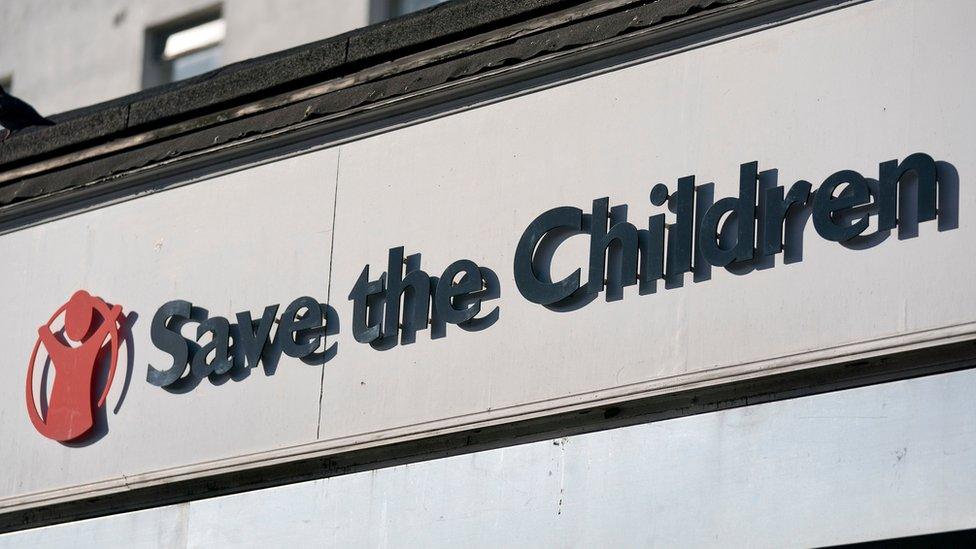
Almost one in five staff at Save the Children UK has said they experienced harassment or discrimination in the past three years.
The charity ordered a review of its workplace culture following revelations about its handling of sexual misconduct claims against two former executives.
It has apologised for past failures in its "organisational culture".
But one ex-employee said "not a lot has changed" at the charity in terms of its leadership since she was there in 2015.
The review led by ethics expert Suzanne Shale was commissioned in February after sexual abuse claims against Oxfam GB staff in Haiti became public and threw a spotlight on the entire charity sector.
Sexual harassment allegations that had been made by women against Save the Children's former chief executive Justin Forsyth and its former director of policy, Brendan Cox, were later revealed by the BBC.
'Spontaneous anger'
Both men apologised for their past behaviour but said they did not accept all the claims that had been made against them.
But Mr Forsyth subsequently resigned from his role as deputy director of Unicef, saying he did not want coverage of his past to "damage" the charities.
Some 28% of the 700 current members of staff who responded to the review said they had experienced discrimination or harassment - 19% of the charity's total 1,068 staff, not including volunteers.
The most common complaint from staff was of people's opinions being ignored but some said they had experienced "spontaneous anger" and had felt humiliated and ridiculed.
Dr Shale's report said there were "a small number of incidents of gender harassment and unwanted sexual attention" in the last three years although no evidence of sexual coercion.
Incidents highlighted included:
Some women being told they were too outspoken "with the implication they should 'tone it down' if they wanted to progress"
A small number receiving comments on their dress at work that suggested to them that appearance was being judged as more importance than competence
Unwanted sexual attention - written or verbal with comments about dress, sexual innuendo, sexualised remarks or intrusive questions about personal life or invitations to meet that had become uncomfortable
Some "suggestive gestures, staring or touching in areas such as the waist" - sometimes associated with drinking at work events
Comments about women being less reliable because of pregnancy or that they were less committed because of child care responsibilities
Dr Shale said while most staff found Save the Children a "supportive and collegiate" employer "any experiences of interpersonal mistreatment at work are disturbing".
The review called on the charity to provide better oversight and governance of staff.
Chief executive Kevin Watkins pledged swift action on the findings, saying staff would be consulted on a new plan to ensure improvements in working culture.
Mandatory training
The charity would also aim to improve the diversity of its staff following recommendations from Dr Shale.
"Our brilliant, passionate, hard-working staff are committed to our mission of bringing hope to some of the world's most vulnerable children. They have a right to be protected against harassment of any kind," Mr Watkins said.
He added: "There have been failures in our organisational culture and processes, including widely reported historic cases in which there were abuses of power and authority.
"To the women affected, I unreservedly and unconditionally apologise on behalf of Save the Children. It must never happen again."
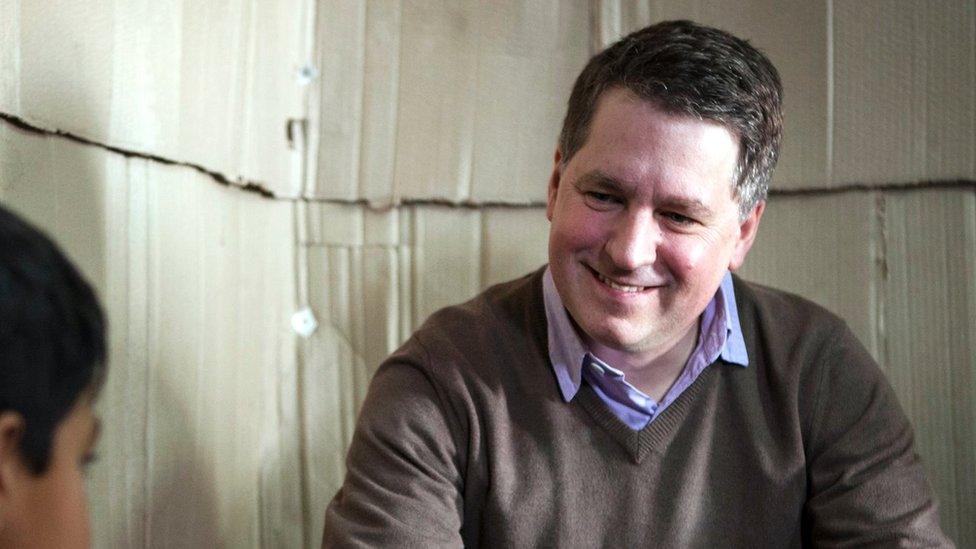
Justin Forsyth stepped down from his current job after complaints about his behaviour at Save The Children in 2015 became public
Claire Rowney, an executive director of Save the Children, suggested the problems at the charity were of a comparable level to organisations such as the civil service and NHS.
She told BBC Radio 4's PM programme 90% of staff felt very proud to work at Save the Children, adding: "Progress has been made over the last three years and we have taken action to make sure staff feel more protected in the workplace, including mandatory training for all staff."
However, former Save the Children employee Alexia Pepper de Cairies, whose complaint about the culture in the charity helped sparked a review in 2015, said she was "disappointed" by the report, saying it had not acted on earlier recommendations.
Ms de Cairies said: "I thought it said a lot of the same things that we saw in 2015 when I worked at the charity. Not a lot has changed in terms of the leadership of the charity."
The Charity Commission is separately investigating how Save the Children dealt with allegations of misconduct and harassment against its staff.
- Published19 April 2018
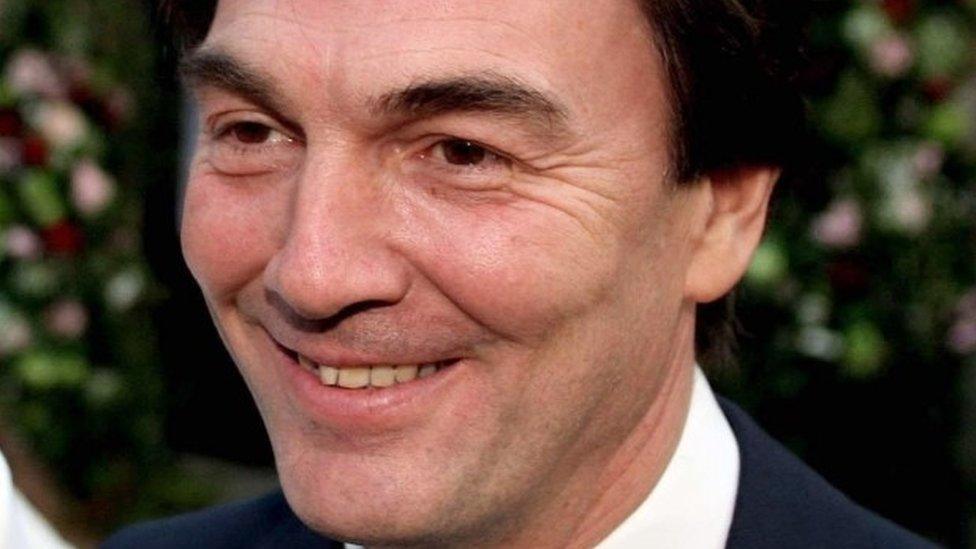
- Published11 April 2018
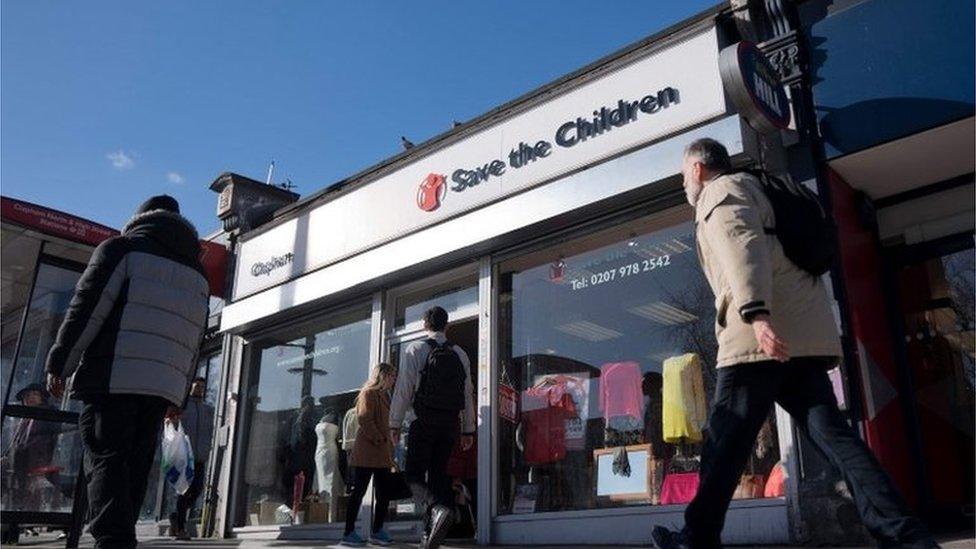
- Published7 March 2018
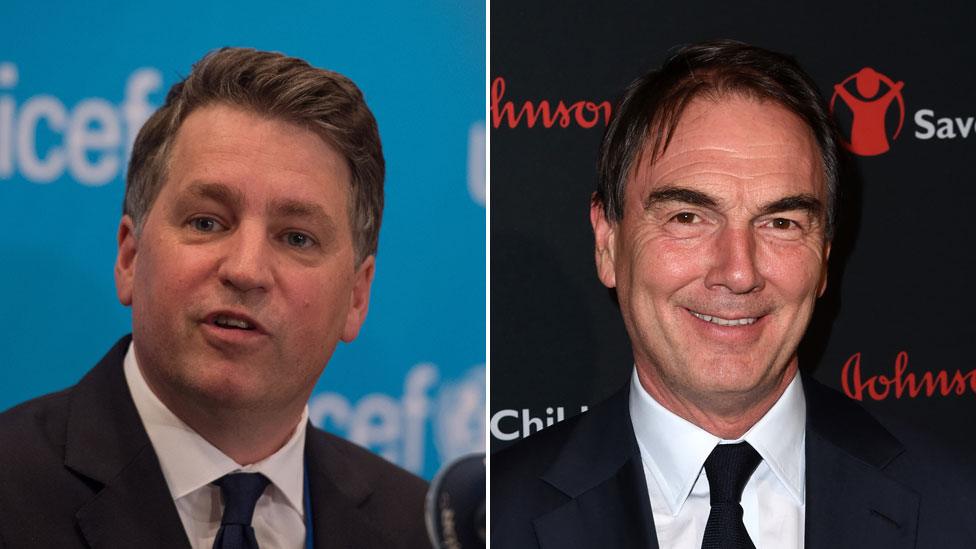
- Published22 February 2018
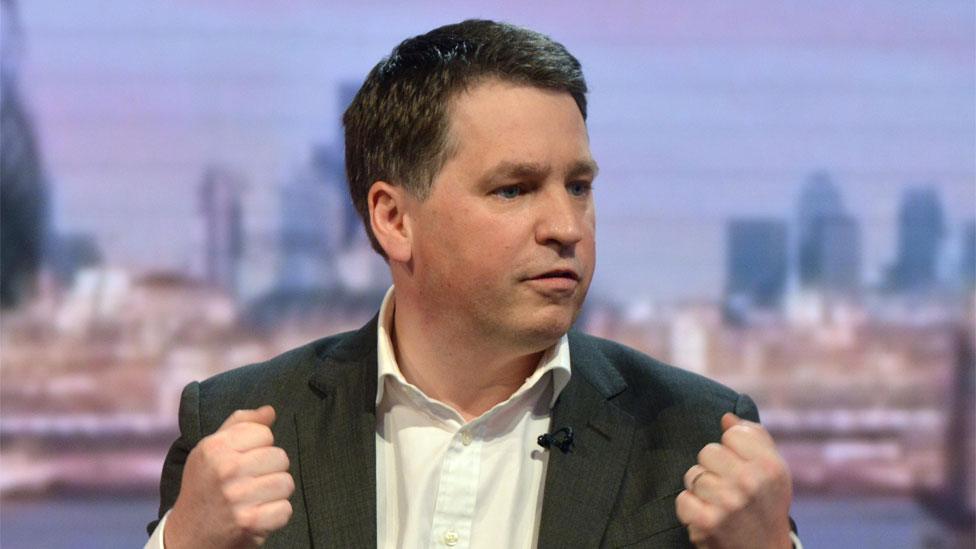
- Published21 February 2018
